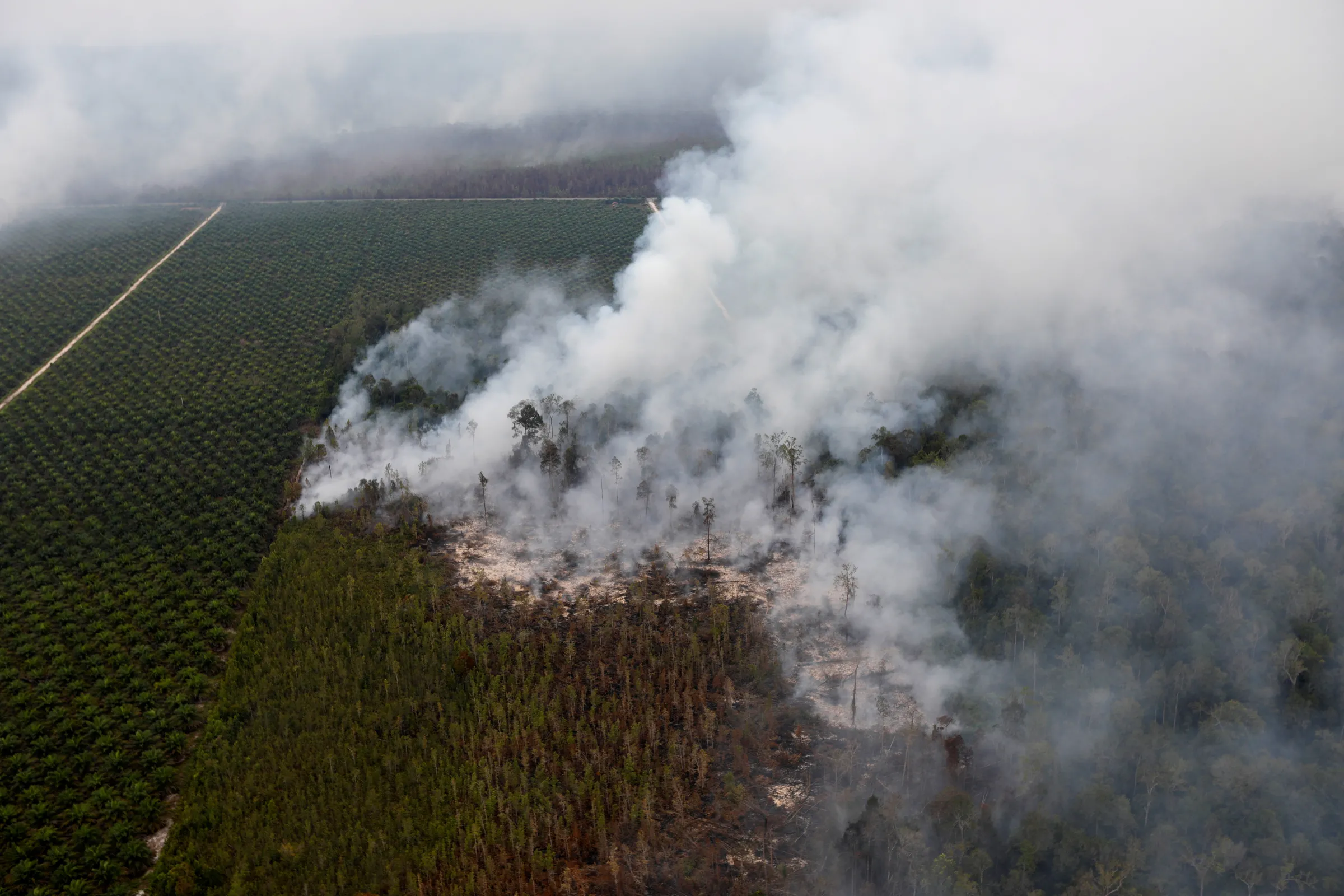Indonesia's renewable energy strategy is currently being shaped by its ambitious plans to achieve net-zero emissions by 2060. A central component of this plan is the use of biofuels, particularly those derived from palm oil. The government argues that biofuels will help reduce greenhouse gas emissions, cut fuel imports, and boost domestic palm oil production. However, environmental experts warn that this biofuel push could have dire consequences for the country's rainforests, potentially hindering Indonesia’s climate goals.
Palm oil has long been linked to deforestation, and Indonesia is the world's largest producer of this commodity. While the government’s biofuel strategy is largely aimed at the transportation sector, the increased demand for palm oil to produce biodiesel could lead to the expansion of palm oil plantations into valuable rainforest areas. Despite a 2011 moratorium on new palm plantations, deforestation continues, with over 50,000 hectares of forest cleared for plantations in just 2022 and 2023.
Studies have shown that while biodiesel burns cleaner than conventional diesel, the overall environmental impact may be worse than anticipated when factoring in land-use changes. Converting forested land to oil palm plantations releases significant amounts of carbon dioxide, which counteracts the benefits of biofuels. This issue is exacerbated when the land being converted is peatland, which stores large amounts of carbon.
According to environmental watchdog Forest Watch Indonesia, if biofuel mandates continue to expand, the country could lose as much as 4.56 million hectares of forest in the coming years. The deforestation could occur primarily in regions like Papua and Kalimantan, which are rich in biodiversity and play a crucial role in carbon sequestration.
Biofuels are projected to be a key part of Indonesia’s energy mix, but experts suggest that the government should focus on other renewable energy sources, such as solar and wind, which do not involve destructive land-use changes. Indonesia’s geothermal potential remains underutilized, and both solar and wind energy remain largely untapped. Increasing the reliance on these resources could help Indonesia meet its climate goals without further depleting its forests.
To prevent deforestation, experts argue that Indonesia should limit the export of palm oil to ensure that domestic demand for biofuels does not drive further land conversion. Additionally, replanting on unproductive plantations could be a more sustainable option than converting new forested areas for biofuel production.
In conclusion, while biofuels can contribute to reducing Indonesia’s reliance on fossil fuels, their environmental cost, especially in terms of deforestation, could undermine the country's long-term climate goals. Balancing energy production with forest conservation is critical if Indonesia hopes to meet its net-zero target by 2060.
Read More






 Tuesday, 24-02-26
Tuesday, 24-02-26







